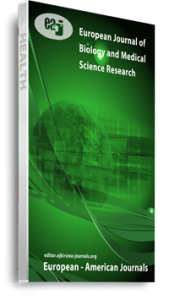This study examined the socio-demographic and obstetric factors influencing the anticipatory self-efficacy of pregnant women in coping with labour pain during the second stage of labour at State Hospital, Ijaiye, Abeokuta, Ogun State. The objectives were to assess how socio-demographic variables such as age and education affect self-efficacy, and to explore the relationship between obstetric factors particularly parity and previous labour experiences and women’s confidence in managing labour pain. A non-experimental descriptive design was adopted, and 136 antenatal clinic attendees who met specified inclusion criteria participated, with 125 correctly completed questionnaires analysed. Data were collected using a modified and validated version of the Childbirth Self-Efficacy Inventory (CBSEI), translated into Yoruba for contextual relevance. Descriptive and inferential statistics, including chi-square, ANOVA, and t-tests, were used to analyse responses. The results indicated a statistically significant relationship between age, educational level, and self-efficacy (χ² = 23.996, p = 0.004). Obstetric factors also showed significant influence: women with higher parity and positive previous birth experiences reported higher self-efficacy scores (χ² = 41.765, p = 0.000). The overall mean self-efficacy score was 47.89, reflecting an above-average level of confidence among respondents. The study concludes that socio-demographic and obstetric histories are crucial predictors of how pregnant women perceive and prepare for labour pain. It recommends tailored antenatal education, personalised maternity care, peer support mechanisms, and staff training to enhance psychological readiness and effective pain coping strategies.
Keywords: Antenatal Care, Self-Efficacy, Socio- Demographic Factors, labour pain, obstetric history, pregnancy

